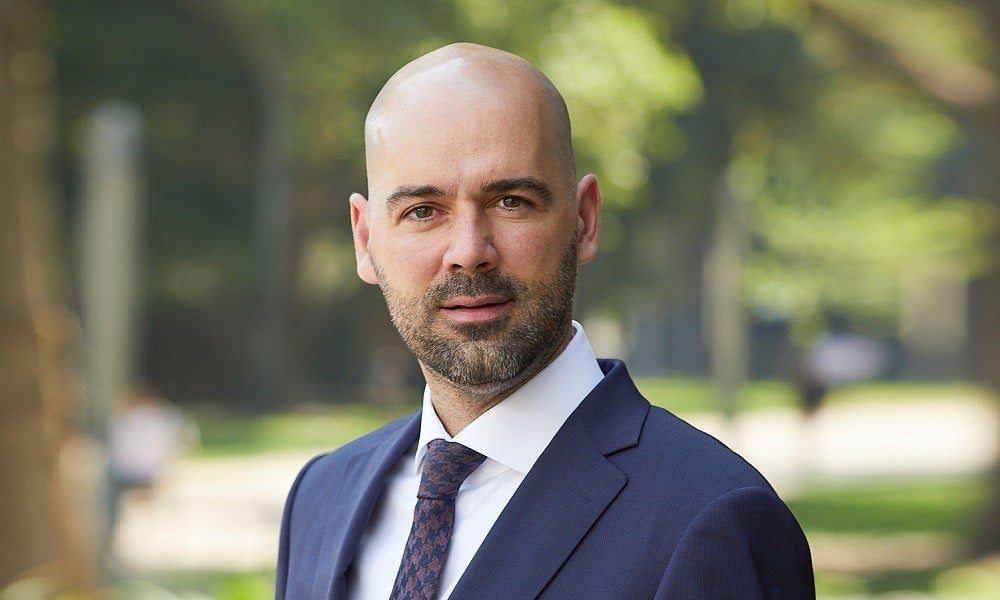Why do some countries dominate one specific Olympic sport?
Australia’s Olympic swimming success offers insights into talent management and economic growth, writes UNSW Business School’s Frederik Anseel
I have waited four years to write this column. As a brand-new Australian citizen, I jump out of bed every morning, cheered and applauded by the neighbours. The first week of the Olympic Games is traditionally swimming week. The Australian swimmers are almost unbeatable. Australia is in the top three on the medal table, almost solely because of its swimming successes. I know this is only temporary, however, as other countries will excel in different sports as the Olympic Games progress.
Why is Australia dominant in swimming? The question has been heavily debated on social media over the past week. It fascinates me – and not just because of the Olympics. The answer can also help a country succeed economically. There are two principles that explain dominance in one sport. The first is: talent is evenly distributed, but opportunity is not. The second is: build a comparative advantage.

"It's in the culture"
Of course, it's not just about Australia, but this applies to any country that dominates one specific sport – even if that country has a smaller population. Japan dominates in judo, France dominates in fencing, Belgium dominates in cycling, the Netherlands dominates in speed skating, Jamaica dominates in sprinting, Russia dominates in synchronised swimming, Kenya dominates in long-distance running, China dominates in table tennis, South Korea dominates in archery... "Of course", you say, "they've always been good at it." But that's not an explanation. The question should be: why have they always been good at it? "It's in their culture" is also a bit of a vague explanation. What exactly is in their culture?
Let's take Australia as an example and start with the principle of opportunity. No-one will seriously argue that there is a genetic advantage in the Australian gene pool – a country built on migration – that makes Australians better swimmers.
If the innate talent for sports is as evenly distributed in Australia as in other countries, why does it excel in swimming? The answer is opportunity. Australia is a warm country with lots of sunshine and ocean beaches, and is wealthy enough to build many swimming pools. While there are other countries in this situation, there has been a focus on swimming lessons and competitions for generations of Australians, which led to an early advantage in competitive swimming.

Attention and money
This brings us to the second principle: comparative advantage. Once a country has built up a small advantage in a sport, it can build capacity in that sport more efficiently. Early swimming legends are available to train new young talent. Early successes attract attention from the general public, as well as from investors and donors, who help build infrastructure through financial support. Media stories attract children and families who start in the sport young allowing for early talent identification.
These opportunities attract and channel generic athletic talent to swimming, talents who otherwise might have taken up other sports such as hockey, cycling or football. Previous successes also make it easier to politically justify the continued significant investment in swimming infrastructure and talent. The result of an initially small geographical advantage is now a structural and cultural comparative advantage that is almost impossible for other countries to catch up with.
Subscribe to BusinessThink for the latest research, analysis and insights from UNSW Business School
Catching up
The same logic applies to Belgian cycling or Dutch skating. Catching up is difficult, but not impossible. The United Kingdom and France show that, provided there is a huge investment in infrastructure and capacity, it is possible to undertake early talent identification and development. But that requires a lot of effort.
The economic lesson for countries is that both principles apply to talent management. In a global free trade market, countries have every advantage in specialising in certain activities that they can produce comparatively cheaply. Such comparative advantage becomes cumulatively more beneficial because it naturally attracts talent and investment over time.
Talent is malleable and multi-deployable. The same talent that becomes a tech entrepreneur in Silicon Valley might go into luxury goods in Paris or finance in Zurich. A country that wants to do talent management well needs to think about its comparative advantage and create opportunities for talent to excel.
Frederik Anseel is Dean and Professor of Management at UNSW Business School. His research focuses on the motivational micro-foundations of how people contribute to organisational success. For more information, please contact Prof. Anseel directly. A version of this post was first published in De Tijd.
